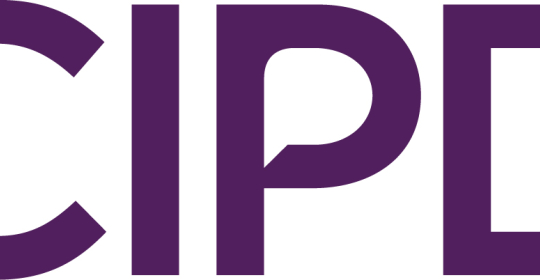The research - which sought to explore the trend of ‘helicopter parents’ - a parent who takes an overprotective or excessive interest in the life of their children - found that job hunters are increasingly reliant on their parents to help them throughout their career. In fact, the findings reveal how the following age groups feel about parents’ involvement during their working life:
- 45.7% of under 18s have had their parents help them with a job application
- …with 6.5% admitting to taking their parents to a job interview with them
- A further 21.3% of those aged 35 and above have also relied on their parents for help
Lee Biggins, founder and managing director of CV-Library, comments: “The helicopter parent trend has taken over in recent years and it’s fascinating to hear how the younger generation are increasingly reliant on their parents to help them throughout their careers. Looking for a job can be stressful, especially for those fresh out of school or University, who may have less experience when it comes to interviewing. It’s therefore not overly surprising to hear that many job hunters are afraid to go at it alone and it’s clear that more support might be needed online to help youngsters find work, and give them the confidence to embark on a happy and rewarding job hunt.”
Furthermore, the study found that 16.7% of 18-34 year olds have had their parents call in sick to work on their behalf, while 7.4% have even relied on their parents to deal with their boss for them, e.g. asking for a promotion, a pay rise, time off etc. Interestingly, a further 7% have gone as far as taking their parents along to a job interview.
A quarter (27.7%) of this age group think businesses should make allowances for candidates who bring their parents to an interview with them, with nearly two thirds (60.5%) stating that if they were in charge of hiring, they would hire someone who brought their parents to an interview.
Biggins continues: “While it’s inevitable that candidates will ask for advice from their family during the recruitment process, the fact that many are using their parents to get involved with some of the difficult conversations, or meetings, is worrying. Nerves can get the better of even the most confident of people, but it is best for candidates to try and brave interviews by themselves, as this will help them to come across as a more mature, professional, individual to prospective employers.”
While the majority of UK workers (72.1%) think that parents should not get involved in their child’s career, 45.6% of employees aged 18-34 think it is acceptable, followed by 30.7% of 35-44 year olds. That said the majority of UK workers (84.9%) believe that it’s unprofessional for employees to involve their parents in their working lives.
Biggins concludes: “All in all, any parent will want to help out where possible when it comes to their children’s careers, but it’s important to get the balance right.”







